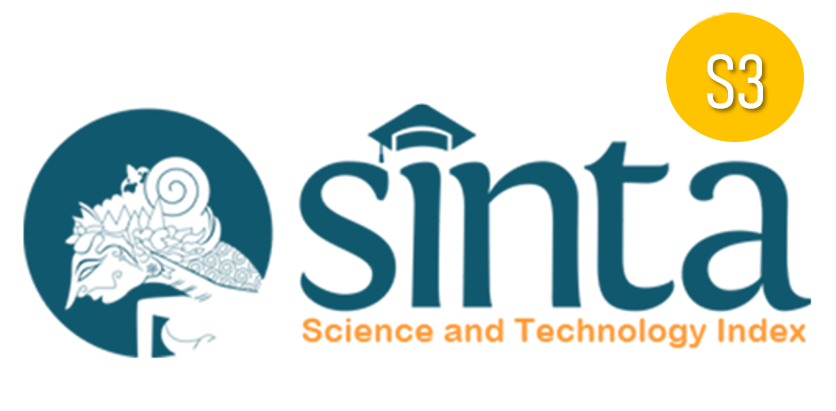Enhancing the Prestige of the Teaching Profession Through Systemic Educational Reform
Abstract
This study aims to examine effective strategies for enhancing the prestige of the teaching profession by strengthening teachers’ social and professional status, improving motivation systems, and establishing sustainable support mechanisms. A mixed-method approach was employed, involving surveys, interviews, observations, and experimental design. A total of 44 teachers from general education schools participated, divided into experimental and control groups. The intervention focused on pedagogical strategies grounded in cluster-based cooperation, teacher development, and motivational enhancement. Results showed a significant improvement in the professional prestige of teachers in the experimental group, with the proportion of participants at a high influence level increasing from 26.09% to 43.48%, while low-level ratings decreased from 39.13% to 4.35%. The control group experienced only marginal improvement. These findings demonstrate the effectiveness of systematic strategies in elevating the professional reputation of teachers. The study concludes that long-term improvements in educational quality are closely linked to teachers’ societal and professional recognition. The results suggest policy implications for implementing institutional reforms, targeted teacher support systems, and collaborative development platforms to sustain teacher prestige.
Keywords
Full Text:
PDFReferences
Agarry, R.O. (2022). An evaluation of early childhood educators’ knowledge of their professional code of conduct. Indonesian Journal of Multidiciplinary Research, 2(2), 401-408.
Al-Momani, M.O., and Rababa, E.M. (2022). Mixed education and quality standard in the university teaching: A theoretical study. Indonesian Journal of Educational Research and Technology, 2(3), 155-174.
Francis, T.T., and Baba, S.J. (2023). Effect of concept mapping teaching approach on students’ academic performance in chemistry in senior secondary schools. Indonesian Journal of Educational Research and Technology, 3(1), 69-78.
Hasanovna, H.M. (2023). The mechanism of development of professional and pedagogical creativity of future physical education teachers based on a competent approach. ASEAN Journal of Physical Education and Sport Science, 2(1), 17-22.
Kongsaenkham, A., and Chano, J. (2024). Bibliometric analysis using VOSviewer with Publish or Perish of role-play in the teaching and learning. Indonesian Journal of Educational Research and Technology, 4(3), 271-278.
Mamirjonovna, M.M. (2024). Mechanism of development of students' spiritual development following professional training. ASEAN Journal of Religion, Education, and Society, 3(1), 1-10.
Omolafe.E.V. (2021). Primary educators’ experts’ validation of the developed mathematics mobile application to enhance the teaching of mathematics in Nigeria primary schools. ASEAN Journal of Science and Engineering Education, 2(1), 157-166.
Pacala, F.A. (2023). Proposed solutions to the issues in hiring and promotion of teachers and principals. Indonesian Journal of Multidiciplinary Research, 3(2), 255-260.
Shah, S.S. (2022). Teaching and learning with technology: Effectiveness of ICT integration in schools. Indonesian Journal of Educational Research and Technology, 2(2), 133-140.
DOI: https://doi.org/10.17509/ijert.v5i3.88002
Refbacks
- There are currently no refbacks.
Copyright (c) 2025 Universitas Pendidikan Indonesia (UPI)

This work is licensed under a Creative Commons Attribution-ShareAlike 4.0 International License.







.png)




